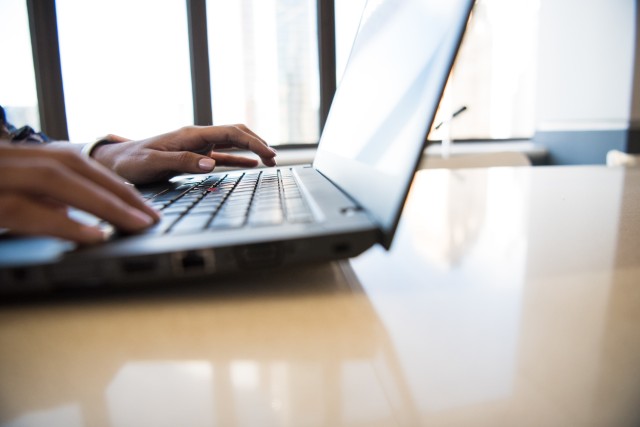Here's a look at the rules for workers and parents who are affected by self isolating.
Will I still get paid?
Yes. If you are an employee you are entitled to take up to 20 days of sick leave to cover a period of self isolation – even if you are not ill.
The French government passed a decree at the start of February making it clear to employers than anyone who was self isolating under government advice qualifies for sick leave in the same way as anyone who is ill.
This contrasts with countries such as the US, which has no statutory paid sick leave, and the UK, where the government has said it is up to individual employers to apply the rules, and the French authorities hope it will help contain the spread of the virus by ensuring that people who need to self isolate do do.
Follow the latest updates on the situation in France here

What about parents?
The other group of people covered by the decree are parents whose children have been told they cannot go to school – either because they need to self isolate or because the school has closed.
Parents in those circumstances are also entitled to 20 days of leave.
What about working from home?
Obviously not everyone has the kind of job that can be done from home, but if you are not able to go in to work you can ask your boss if you can télétravailler (work remotely) instead.
Your boss does not have to agree to your request, although they do have to provide you with a reason for refusal, but home-working is on the government's list of recommended practices for some groups.
Conversely, your boss can also instruct you to work from home.
France's recently-introduced new labour lax includes a clause (Article L1222-11) about epidemics which states that bosses can order their staff to work at home if they feel there is a safety risk through being in the office. If you are instructed to work at home and turn up at the office anyway you are committing a disciplinary offence.
READ ALSO The everyday precautions you can take to stay safe in France

Who should be self isolating?
The government advises that anyone recently returned from China (including Hong Kong and Macau), South Korea, Singapore, Iran or the Lombardy, Veneto or Emilia-Romagna regions of Italy should self isolate for 14 days
This means you should;
- Monitor your temperature twice a day
- Watch for symptoms of respiratory infection (cough, difficulty breathing)
- Wear a surgical mask when you are in front of another person and when you have to go out
- Wash your hands regularly or use a sanitiser gel
- Avoid any contact with vulnerable people (pregnant women, those with ongoing health problems, elderly people
- Avoid frequenting places where vulnerable people are present (hospitals, maternity wards, old people's homes)
- Avoid all non-essential outings (large gatherings, restaurants, cinema)
- Workers/Students: as far as possible, choose home working and avoid close contact (meetings, lifts, canteen)
- Children should not be sent to school or nursery
What is the general health advice?
While the government has advised against all non-essential travel, especially outside the EU, for people who have not recently travelled life continues pretty much as normal.
If you're planning on going to any big gathering – or the Louvre – you will face cancellations and ministers have also advised people to avoid shaking hands or kissing in a bid to halt the spread of the virus.
Otherwise, you're just advised to follow this standard health advice;
- Wash hands your thoroughly and often with soap and water, especially after coughing and sneezing or before eating or it you have been touching surfaces that many other people will have touched such as on the Metro
- Avoid touching your eyes, nose or mouth, especially with unwashed hands.
- Cover your nose and mouth when coughing or sneezing. Cover your mouth with your elbow when coughing
- Use disposable tissues and throw them away after use
- Clean off surfaces with alcohol- or chlorine-based disinfectants.



 Please whitelist us to continue reading.
Please whitelist us to continue reading.
Member comments